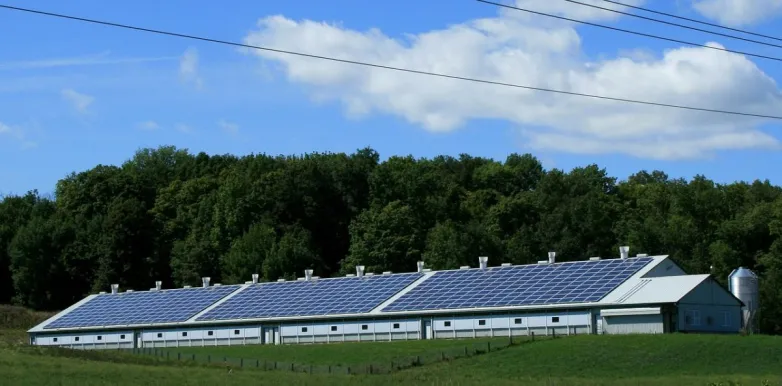New company version to assist utilities have as well as operate rooftop PV
- Researchers from the Lawrence Berkeley National Laboratory in the U.S. have defined a utility-ownership design for roof PV they say can elevate power company investor earnings 2-5%.

Researchers from the U.S. Department of Energy's Lawrence Berkeley National Laboratory have created a new business version that can help power utilities better handle distributed-generation solar possessions.
The searchings for existed in Benefits and also costs of a utility-ownership company version for household rooftop solar photovoltaics, published in Nature Energy. The brand-new technique considers advantages for utilities which own as well as run roof PV systems. Benefits consist of siting at places with fairly low interconnection costs, deferring network upgrades, presence as well as control of distributed-generation properties by utility system organizers, lower setup expenses and the possibility of improving services in an under-served market.
Policy considerations
The researchers said they took into consideration all possible influence on utility ratepayers as well as shareholders. "Fundamental policy concerns exist concerning the suitability of using utility ratepayer funds wherefore is otherwise a competitive solution," said the Lawrence Berkeley group. "Indeed, in some restructured markets, regulated utilities are banned by law from having generation possessions, whether large scale or dispersed."
The team claimed another essential concern was the need to review whether a utility has the business capabilities to have and run distributed-generation solar arrays. The model proposed by the researchers aimed to define a utility-owned, 20-year household rooftop solar program. Its developers claim it differs from traditional possession structures as the PV systems are connected directly to a utility's grid and owned by the power firms.
The program was modeled on those of the Arizona Public Service and Los Angeles Department of Water as well as Power utilities. In their solution locations, utility-owned PV setups are connected directly to the grid and provide no straight decrease in a host customer's billed usage. Under such schemes, utilities need to pay for procedures as well as maintenance of the systems plus administrative as well as procurement expenses
"Under the circumstances where rooftop solar is had by the host consumer or some third party, we think that the systems are installed behind the consumer meter, and that the host consumer is compensated under a normal internet metering arrangement where each kilowatt-hour created offsets a kilowatt-hour of billed retail electrical energy sales," claimed the Lawrence Berkeley team.
The scientists said a comparable version can elevate utility shareholder profits 2-5% about non-solar situations. "This compares to a 2% loss of incomes when an equal quantity of rooftop solar is deployed but owned by non-utility parties," included the business version's advocates.
Customer costs.
Under the proposed program, utility consumers that do not very own solar arrays would keep paying the highest costs, with ordinary power costs boosting 1-3%, compared to 2% under non-utility possession structures.
"This service version is, as a result, not likely to meaningfully alleviate [the] equity or cost-shifting problems related to property rooftop solar," the scientists conceded.
In order to minimize the impact on non-solar consumers, the Lawrence Berkeley group recommended the purchase of roof solar at particularly affordable and also internet decrease of non-participant expenses. They ended, behind-the-meter battery storage space could be key to making certain transmission and also circulation deferral worth, thus systems might offer grid services as well as would certainly be dispatchable.
"Allowing direct utility ownership of behind-the-meter battery storage might better straighten utility shareholder rate of interests with those of their ratepayers, to an also higher level than this analysis shows to be feasible for roof solar," the researchers added.
Also read
- Greenvolt Powers OMS with Rooftop Solar, Boosting Italian Steel Sustainability
- AMPYR, hep Solar Forge €50m German Rooftop PV Growth Alliance
- Huawei, Sungrow Extend Decade-long Lead in Global Inverter Race Again
- Niteroi Starts Work on 2,700-Panel Solar Park, Boosting Sustainability Drive
- Quadoro, EB-SIM Acquire German Solar Parks for QEEE Fund
